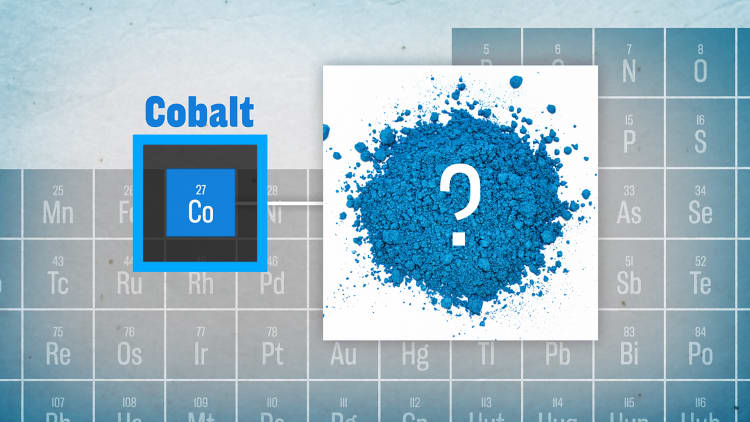Auto giant BMW has said a proposal by the German government to make car companies retrofit polluting diesel cars "doesn't make sense for us."
Millions of diesel drivers in Germany woke up Tuesday to find that their coalition government had agreed on a package of measures designed to prevent diesel driving bans starting up around the country.
The "Concept for Clean Air and Ensuring Individual Mobility in our Cities" proposal was subsequently presented during the mid-morning by Transport Minister Andreas Scheuer (CSU) and Minister of the Environment Svenja Schulze (SPD).
Drivers were told they should be able to trade in their cars at a favorable discount for emissions-compliant models, or that their cars could be returned to be retrofitted with hardware that could curb the emissions.
However, Germany's powerful motor manufacturers have offered a lukewarm response to that policy.
BMW Group said in an emailed statement to CNBC that it would reject the hardware retrofit option as it "does not make sense for us in this case." The car company said hardware measures would only be available to customers from 2021 and would have a "negative impact on quality, weight, consumption/CO2 emissions and performance in the vehicles."
BMW said it did welcome, however, the government's "concept plan" as a good way to ensure the continued use of diesel.
The firm added that from October anyone leasing or buying new BMW cars in Germany would get an environmental bonus of 6,000 euros ($6,925). For nearly new vehicles, or demonstration vehicles, the figure drops to 4,500 euros.
Volkswagen Group, whose "dieselgate scandal" in 2015 triggered much of the awareness about pollution, has said it will offer diesel trade-ins in 14 German cities where pollution is considered high.
VW said "Euro 5" class cars will get a trade-in boost of about 5,000 euros, while older vehicles will get up to 4,000 euros as an incentive.
In 1992 the "Euro 1" was introduced as a standard class to denote the fitting of catalytic converters to gasoline cars to reduce carbon monoxide emissions. The latest standard is the "Euro 6," which applies to all new cars from September 2015 and reduces some pollutants by 96 percent compared to the 1992 limits.
Volkswagen also shied away from the retrofit proposal, telling Reuters: "For retrofits, we assume that the federal government will ensure that all manufacturers take part in such measures."
Daimler, the company that makes Mercedes-branded cars, has said it too would prefer to offer incentives rather than recalling cars to retrofit hardware.
In a statement provided to CNBC on Tuesday, Daimler said it would now look at the government's proposal in detail before issuing any further comment.

A court in Germany ruled earlier this year that cities could ban "Euro 4" and "Euro 5" class diesel cars from streets in order to tackle air pollution. That ruling had given German lawmakers a headache over how to deal with the nearly 9 million cars on German roads that fall into those categories.
Hamburg has already banned such cars from two of its streets where pollution was found to be extremely high and it is thought other cities could soon follow.
Harry Hoster, an energy and pollution expert at Lancaster University, said in an email Tuesday that given the extreme level of the pollution problem and the long-term planning horizons of the auto industry, it was now time for the public to get behind a compromise solution.
"I find it appropriate for the public to support them in the transition instead of just yelling 'you should have known better.'"
European car registrations slowed dramatically in September after a new EU-wide emission-testing regime was put in to practice from the beginning of the month. Year-on-year, German and French registrations were down 31 percent and 13 percent respectively.
August sales were strong as car companies and showrooms slashed prices to offload stock that would not have complied with the new rules.
WATCH: Here's why cobalt is the metal companies hope to find a trove of next



